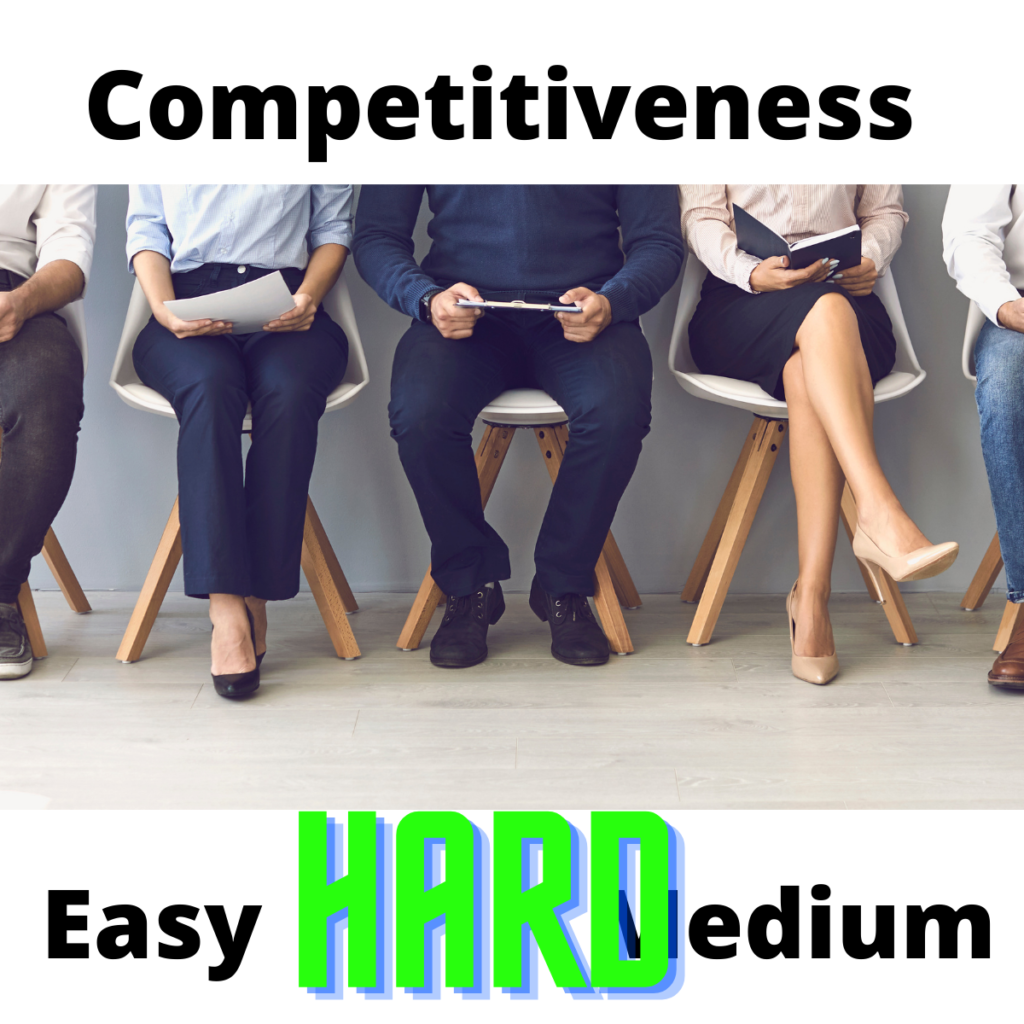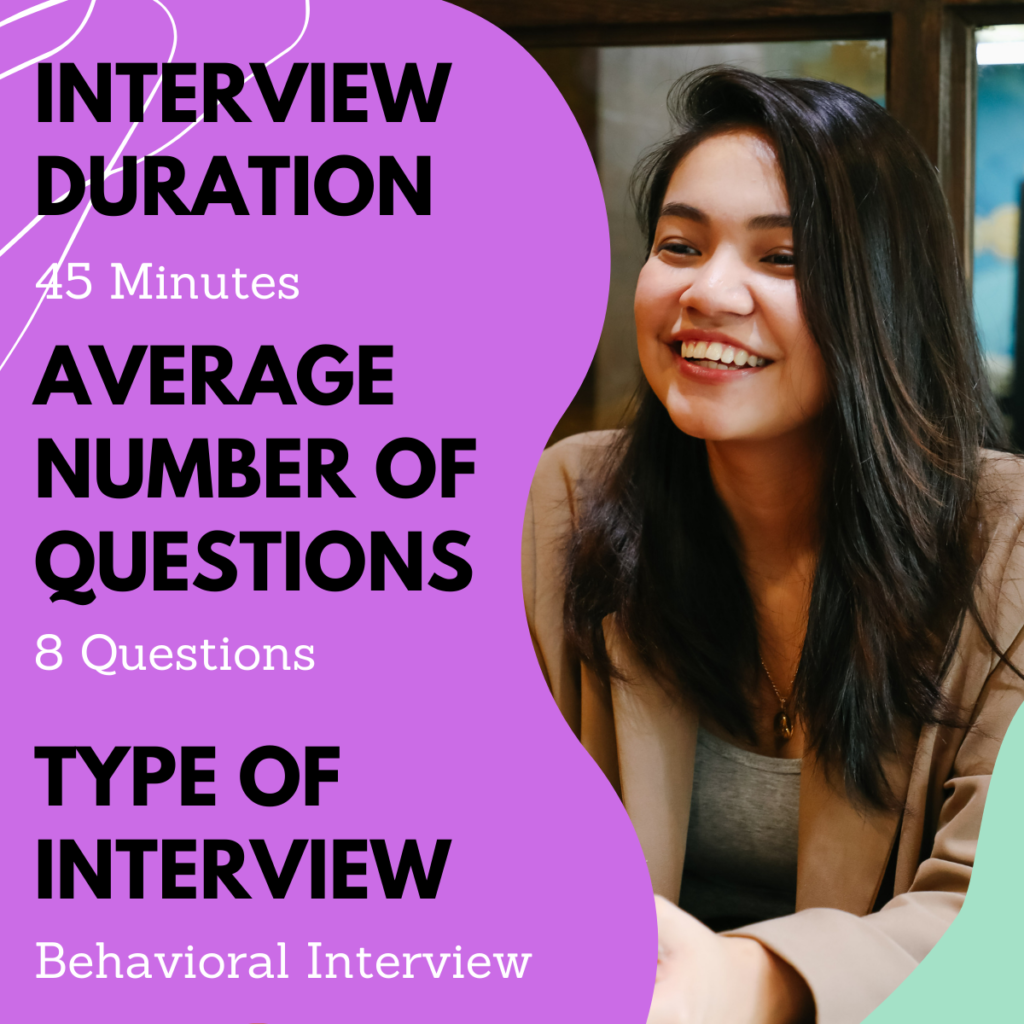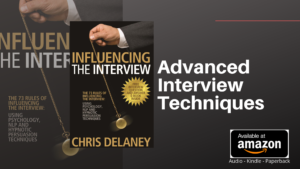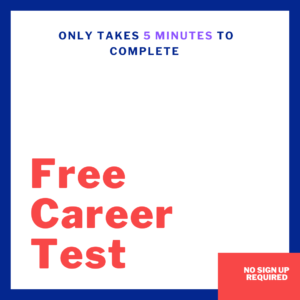Quality Save was founded in 1974 by Bob Rudkin while working on a market stall in Walkden. Since then it has grown into a recognized brand across the Northwest, UK.
Quality Save support employees by offering a range of training and professional development opportunities, valuing loyalty as the company like to recruit from within.
For some of their supervisory roles the applicant don’t need experience as Quality Save will train up the successful applicant, indicating that the majority of interview questions while be situational interview questions.
How competitive is a Quality Save Supervisor job interview?
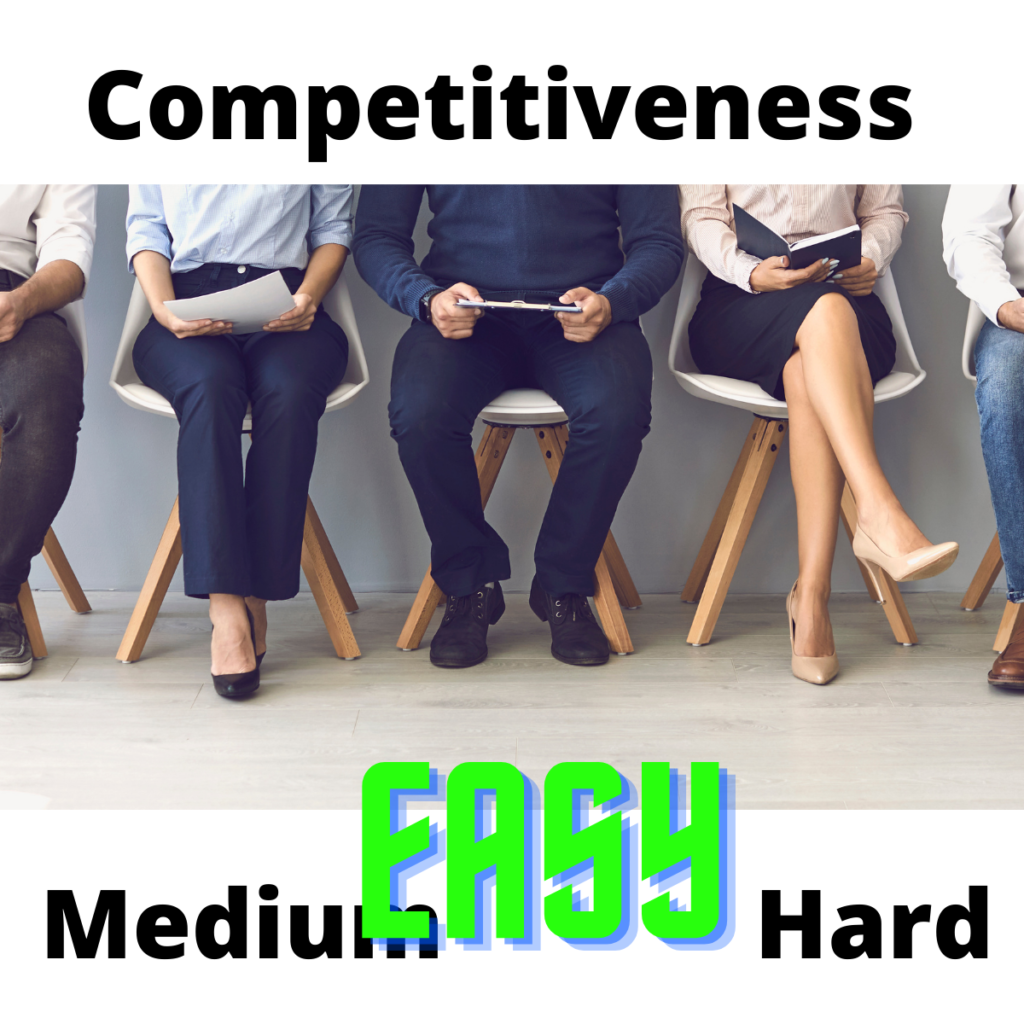
Interview Specifics:
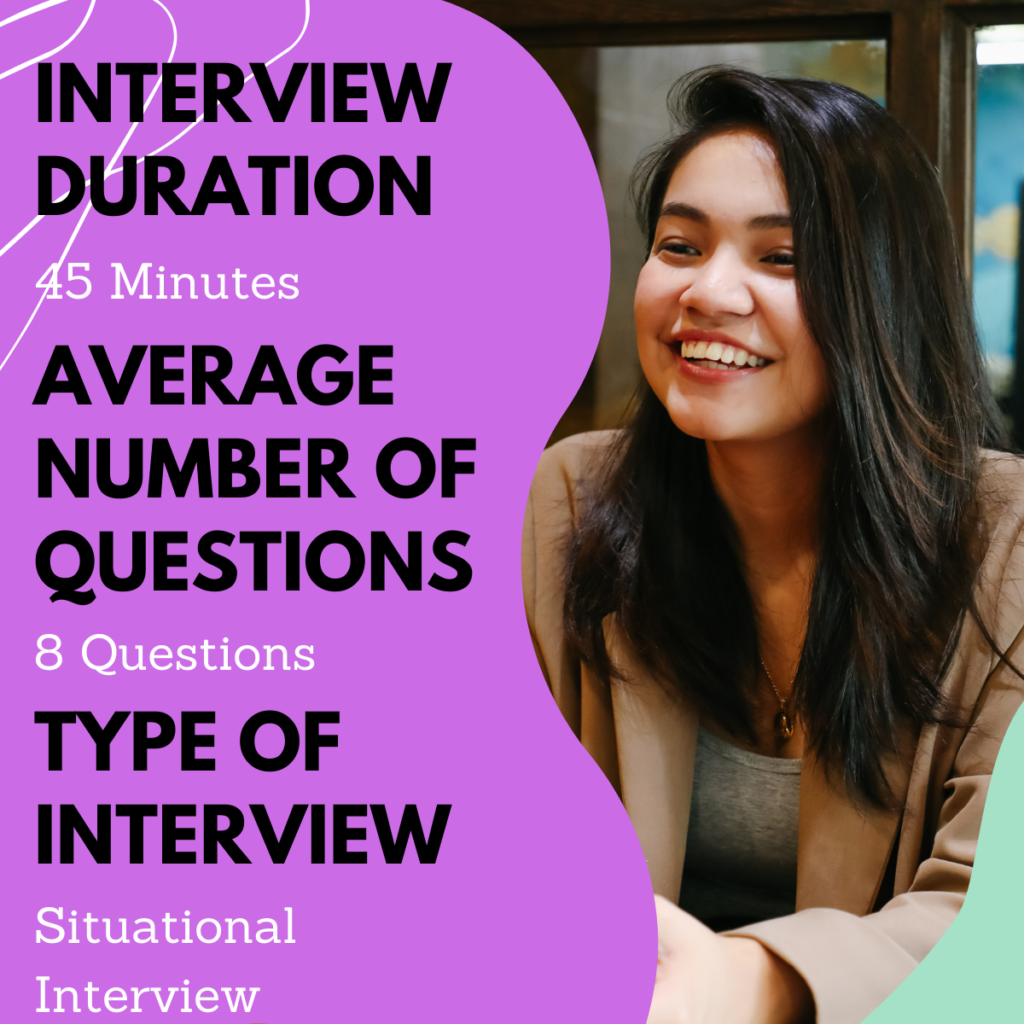
Can you demonstrate the relevant knowledge and experience to pass a Quality Save Supervisor job interview?
- Supervising cashiers, shelf stockers, and other employees.
- Assisting the store manager with weekly finance returns.
- Keeping records of employee performance.
- Reporting on stock.
- Implementing Quality Save processes and procedures to avoid stock damages, theft, and wastage.
- Creating a welcoming environment for customers.
- Supporting staff with training and development.
- Managing the staff rota.
Check the average pay for a supervisor job role.
Below is a list of commonly asked job interview questions for a Quality Save supervisor role.
Each summary comes with an explanation of the interview question and an example interview answer.
It is important to tweak each interview answer template, making it relevant to the interviewee’s own skills, qualities, experience, and knowledge.
An interviewer’s perception of a job applicant, their interview identity, is made up of the interviewee’s perceived level of knowledge/experience vs their level of confidence during the recruitment process.
The first stage, when preparing for a job interview, is to recognize your own ‘interview identity’.
Job Interview Questions and Answers for a Quality Save supervisor.
Prior to the official job interview, the panel of interviewers (often 3 staff members, including a direct line manager) will make small talk to help relax the interviewee.
The hiring manager will start the interview by explaining the process of the structured job interview.
Including, the number of questions that will be asked, who on the interview panel will ask which questions, and how the applicant can ask for a question to be repeated.
They will go to explain the post-interview details; when each candidate will be told if they have been successful or not.
The job applicant, who prior to the recruitment day has made ample preparation, is expected to answer the questions by showcasing how they meet the job criteria.
Quality Save try to create a relaxed atmosphere and never ask any curveball job interview questions. Overall the interview is informal, within a structured job interview process.
Explain why do you want to be a Quality Save supervisor?
The difference between a situation job interview, and a behavioral job interview, is the framing of the job interview questions.
In a behavioral job interview, the question asked for evidence of past behaviors. Employers using behavioral job interview questions are, in the main, looking to recruit someone with past experience.
As Quality Save recruit and train a suitable candidate, the hiring manager is likely to frame the majority of their interview questions as ‘situational’ – this means question will be framed on ‘what you might do in X situation’.
A situational interview allows an applicant take experience from one job role/sector and make it relevant to another. Also, answers can reference models and theories highlighting a level of sector knowledge.
Answers for both situational and behavioral job interviews must reference the job criteria and be self-promoting.
It is important, therefore, to be aware of the three rules for a successful job interview.
When asked, the why do you want to be a Quality Save supervisor?, answer by stating skills, experiences and and personal qualities that would make you a good supervisor.
It also good to reference any relevant customer service, retail or supervisory qualifications.
This question gives the job applicant a chance to showcase their awareness and knowledge of both the job role and the company – Quality Save.
“I applied for the role of a supervisor at Quality Save, as I have a (background/experience) in (retail, customer service, or supervisory roles). For the past (number of years) I have been working as a (job role) at (company) where I was responsible for (state relevant duties). My direct supervisory experience includes (A, B and C). I am passionate about retail and love (job duty). In addition, I have a (qualification) which taught me the theory for (job duty). I applied for the role at Quality Save as I was impress with (company fact/history/mission).”
What is your understanding of the supervisor job role?
As an organisation that is willing take train up suitable applicants (which is a great way to great start to a managerial career) the hiring manager does need to first check suitability.
One way to check if a job applicant would work be a potential Quality Save supervisor is by checking their knowledge of the supervisor job role.
Many people fail to answer the ‘understanding’ correctly.
A common way to incorrectly answer this interview question, is by just listing a few job duties.
Listing duties does show an awareness of the job role but not a full understanding of importance of certain task, or how supervisory responsibilities have an impact on the business.
To create a high-scoring answer, frame the interview answer by stating first, an overview of what a supervisor does.
Second, state a number of duties, then explain the importance of the stated duty and/or how the applicants possess the skills required to complete the supervisory task.
To better understand the job duties of a supervisor, read the job advert on Monster.
“A supervisor works closely with the store manager to communicate the mission and vision of the company. More specifically, a supervisor will communicate tasks, duties and performance targets to team members while supporting staff, through training and mentoring, to upskill to complete their duties effectively. To be efficient at communication, my experience in (job role) has taught me the importance of (communication criteria/soft skill). Supervisors must be able to motivate team members, an example of me being able to motivative others is when I was working at (company) and (explain situation) happened. To motivate (others) I (actions taken).”
How would you support a new employee?
Supervisors will often mentor and support new staff members.
In retail, its is common to see a large staff turnover as the sector recruits some staff members who are students working their way through university.
Staff support often improves staff retention, and the interview answer should always reference this key point.
If the supervisor role at Quality Save is your first supervisory position, think about what support you prefer when starting a new job. Experienced supervisors are likely to have experience of supporting new employees, that can be used within their interview answer.
Break the answer down into three key areas:
- processes and procedures
- supporting the new employee
- identifying areas of development
“As a supervisor I would always support new employees as this increase staff retention. With any new employee I would first get them up to speed with the company policy and procedures – this might include online training, reading the policies and procedures and through work shadowing and experienced staff member. To check a new staff members progress I would ask them questions on some of the key processes.
It is also important to ensure new staff members are happy with the day-to-day tasks. i would set duties, leave the staff member for a short period of time and then return to ask them ‘how they are getting on?’
Through observing the new employee, having regular catch ups and through asking I would check what areas of development each individual staff member has and help to create a training plan to support them to become a skilled worker.”
How would you react if an employee disagreed with you?
Supervisors need to be confident in themselves and assistive when delegating tasks.
When working as a supervisor, it is likely that from time to time a staff member may disagree with, or even be disrespectful, to the supervisor.
This could take the shape of an employee suggesting a ‘better’ approach for completing a task or passive aggressively refusing to complete a duty.
Employers need to ensure that a new supervisor has the knowhow to handle this situation without it escalating.
“Misunderstandings often result from a lack of clarification. When delegating tasks I would explain my reasons for doing this, to reduce any misunderstandings. If a staff member disagreed with me, I would first ask for and listen to their point of view, encase they have a valid point. If I believed that the employee was trying to be disrespectful, rather then helpful, I would remain calm, and assertively explain that are several ways of completing the task, but we will be going with option that I choose.”
Give me an example of dealing with a customer complaint?
It often comes down to the supervisor to deal with any customer complaints.
Dealing with customer complaints requires a variety of skills:
- Communication
- Listening
- Assertiveness
- Confirming
- Professionalism
The three steps for dealing with a customer complaint are:
- Listening
- Confirming
- Resolving
Start the interview answer, by explaining the reasons a customer would make a compliant and detail the above three steps. Ideally, give an example of completing the customer complaint task.
An example of helping an awkward customer is when I was working at X company as a (job role). A customer was (complaining/being angry/being awkward) because (reason).
“Retail customers may complain about employees, cost increases on stock, or being overcharged. As someone with (number of years) experience in (customer facing role) I have successfully resolved customer complaints.
First, I listened to the complaint without interrupting, as it’s important to let me let the customer share their concerns. I then asked specific questions to understand the situation better without making assumptions and to confirm what the customer had stated.
Finally I ask, what was the best way to resolve their issue and share the options I am able to offer there and then. This helped the customer to relax as they felt they were being listened to and supported, resulting in (positive outcome).
An example of this was when (customer complaint), I then clarified what the customer had said and offered (options), which resulted in (happy customer).”

How would you manage your time working in a busy store?
Quality Save is a fast paced retail environment, where now two days are the same.
A supervisor, therefore, must be able to manage their workload, prioritising tasks depending on individual circumstances.
The time management question is really asking – how do you prioritise your workload?
Each week, in the supermarket, there will be regular daily tasks; planning staff cover, stock taking, stock rotation, staff meetings. Plus additional ad-hoc duties that randomly pop up depending on workload and the time of year, with Christmas, as an example, being one of the busiest periods.
When answering the interview question: how do you manage your time (or workload). Split the interview answers into two sections – regular tasks and ad-hoc duties.
“As a supervisor, I know that each day will be different. But embedded into each day will be business-as-usual tasks; staff management, stock inventory, assisting the store manager with stock projections.
For these duties, I prioritise each task depending on the level of urgency and importance. As all these tasks happen weekly, I can easily split each task over a period of a week.
In addition, throughout my working week, new urgent tasks can appear such as several staff being of work at the same time, or an increase in customers during the Christmas period. When new ad-hoc tasks present themselves, which are urgent, I will delegate some of the regular duties to other staff while I prioritise the new job which often has a short deadline.”

Do you have any questions for me?
Each hiring manager during all job interviews will ask each interviewee if they have any questions for the employer.
Knowing that the final ‘ask me’ question will be asked, a set of questions needs to be prepared.
- Can you talk me through the training that you offer at Quality Save?
- What are the busiest times of the year?
- How do you compete with other supermarkets?
- Why do you like working for Quality Save?
- What is the average duration of staff member working for Quality Save?
This site uses the ‘LMI for All’ online data portal to access official government ‘big data’ sources. This powers the labour market data provided on this site.















